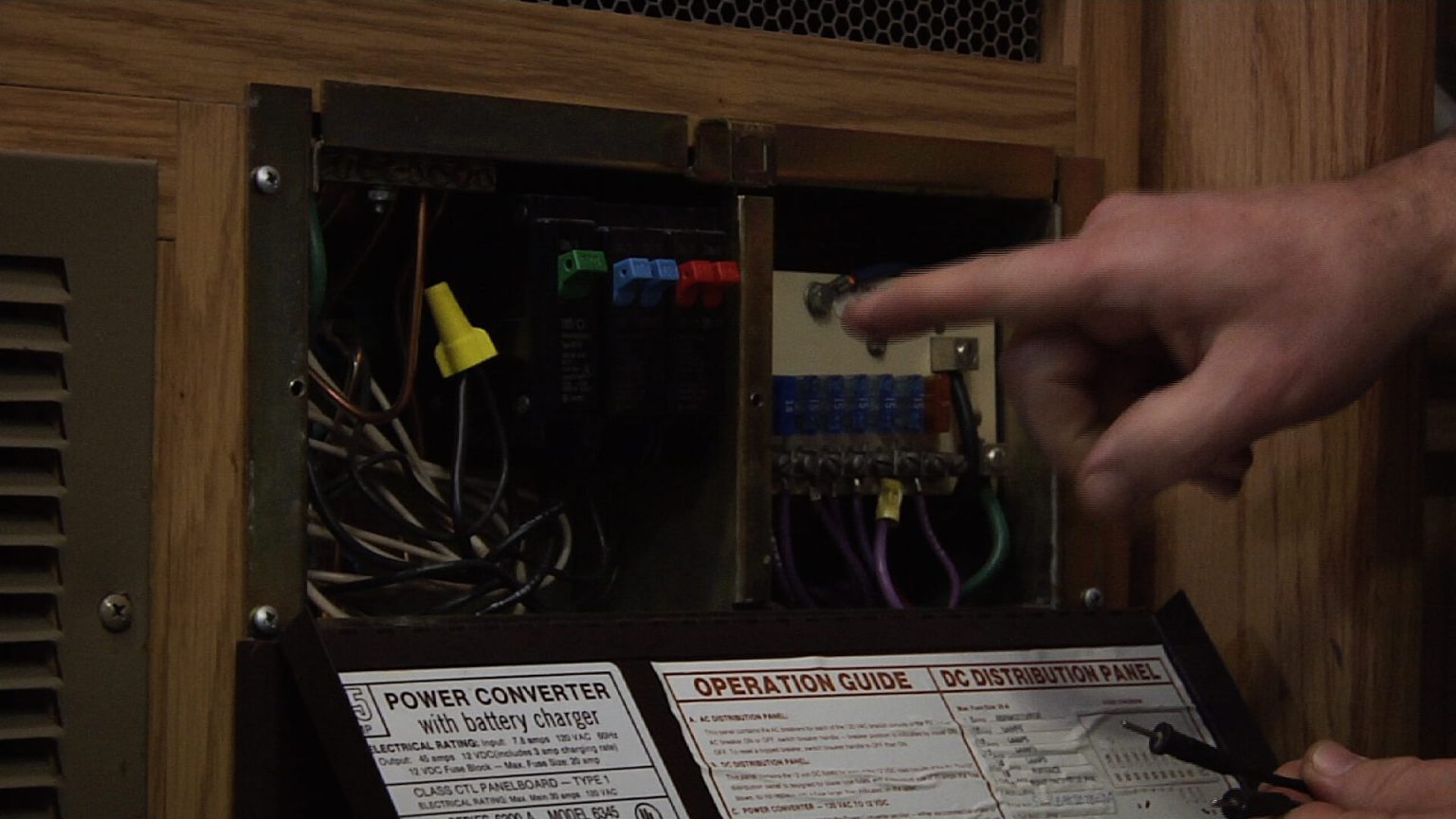RV Plugged In But No Power? Troubleshooting Guide

That sinking feeling – you've pulled into your campsite, hooked up to the power pedestal, and…nothing. Your RV is plugged in, but there's no power. Before panic sets in, take a deep breath. This is a common issue, and often easily resolved. This guide will walk you through the common causes and how to troubleshoot them.
Imagine this: You're ready to relax after a long drive, anticipating a cozy evening in your RV. You flip the light switch, but darkness persists. The microwave remains silent, the air conditioner doesn't hum to life. Why is my RV not getting power when plugged in? Understanding the electrical system of your RV can be the first step to fixing the issue.
An RV's electrical system can feel like a mystery, but it’s essentially a simplified version of your home system. Power flows from the source (the pedestal) through a circuit breaker panel and then to your appliances. A break anywhere along that chain can result in a loss of power. This can range from a tripped breaker in the RV to a faulty connection at the pedestal itself. This guide aims to demystify the process of restoring power to your RV.
There isn't a specific "history" to the problem of an RV being plugged in without power, as it's a consequence of the complexities of RV electrical systems. However, as RVs have become more sophisticated, with more appliances and higher power demands, troubleshooting these power issues has become increasingly important. Understanding the root causes of power failures, from simple tripped breakers to more complex wiring issues, is crucial for every RV owner.
The main issue related to an RV being plugged in without power is the disruption of a comfortable and functional camping experience. It can prevent the use of essential appliances like refrigerators, air conditioners, and lights, impacting everything from food storage to temperature control. It's an inconvenience that can quickly escalate into a major problem, especially in extreme weather conditions. Let's dive into some common scenarios and how to address them.
Start by checking the obvious: is the pedestal breaker tripped? Often, the problem lies not within your RV, but with the power source itself. Look for a tripped breaker on the pedestal and reset it if necessary. Next, examine your RV's circuit breaker panel. A tripped breaker is often the simplest explanation for a lack of power. Locate your RV's breaker box (usually near the entrance) and look for any switches that are not fully engaged.
Check your RV's surge protector. These devices protect your RV from voltage fluctuations, but they can also trip and cut off power. Reset the surge protector and see if that solves the issue. Make sure the power cord is firmly connected to both the pedestal and your RV. A loose connection can prevent power from flowing.
If these initial steps don't resolve the problem, it's time to delve a bit deeper. Test the pedestal outlet with a multimeter to ensure it's supplying power correctly. If the pedestal is faulty, contact the campground management. Check your RV's owner's manual for specific troubleshooting tips related to your model.
If the problem persists, it may be time to consult a qualified RV technician. Electrical issues can be complex, and attempting DIY repairs beyond your skill level can be dangerous. A technician can diagnose and fix the problem safely and effectively.
While there aren’t direct “benefits” to experiencing an RV power outage, the experience can prompt you to become more familiar with your RV’s electrical system, which can be beneficial in the long run. You'll gain valuable troubleshooting skills, learn how to prevent future issues, and feel more confident in handling minor electrical problems.
Frequently Asked Questions:
Q: My RV is plugged in but nothing works. What should I do first?
A: Check the pedestal breaker and your RV's circuit breaker panel.
Q: My surge protector tripped. What does this mean?
A: It may indicate a voltage fluctuation. Reset it and try again.
Q: The pedestal breaker keeps tripping. What could be the problem?
A: There may be a fault with the pedestal or your RV's electrical system.
Q: How do I test the pedestal outlet?
A: Use a multimeter to measure the voltage.
Q: When should I call a professional?
A: If you've tried basic troubleshooting and the issue persists.
Q: How can I prevent power outages in my RV?
A: Use a surge protector, regularly check connections, and avoid overloading circuits.
Q: My lights flicker when I use certain appliances. What's happening?
A: You may be drawing too much power on a single circuit.
Q: What are the most common causes of RV power outages?
A: Tripped breakers, loose connections, and faulty pedestals.
In conclusion, encountering a situation where your RV is plugged in but without power can be frustrating, but with a systematic approach, you can often resolve the issue quickly. Understanding the basics of your RV’s electrical system empowers you to handle minor problems with confidence. By familiarizing yourself with the common causes of power outages and learning basic troubleshooting steps, you can ensure a smoother and more enjoyable RVing experience. Don’t hesitate to seek professional help when needed, especially when dealing with complex electrical issues. Remember, a well-maintained electrical system is crucial for a safe and comfortable RV trip.
Mastering blank pages from fear to finished product
Unlocking the potential of sherwin williams useful gray
Coleman sundome 8 your family camping companion













